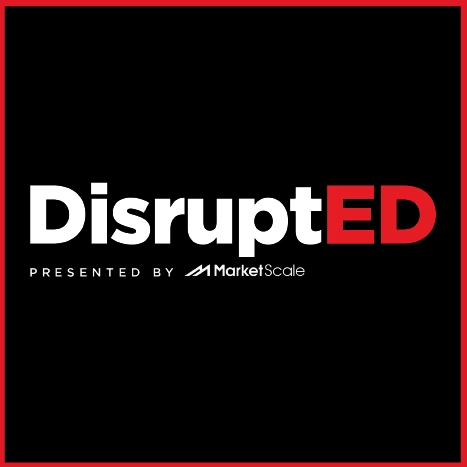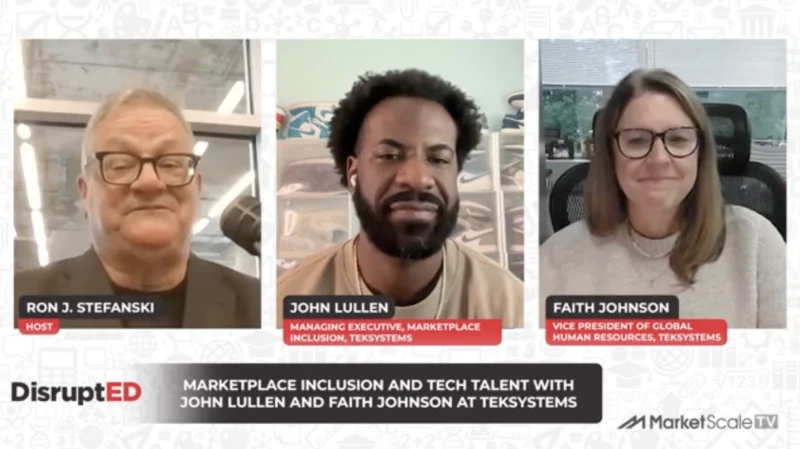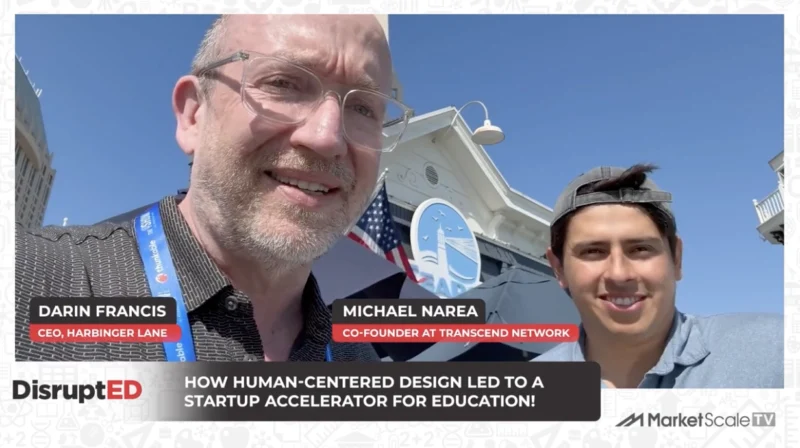Engaging the Learner and Optimizing the Learner Experience in Online Education
The rapid evolution of online education has ushered in new challenges and opportunities for engaging learners and improving outcomes. With millions of students relying on virtual platforms, educators and ed-tech innovators face the critical task of creating dynamic, relevant, and impactful learning experiences. The stakes are high, as effective education not only shapes career trajectories but also addresses issues of accessibility and equity in underserved communities. How can we make online education more engaging, learner-centric, and aligned with real-world skills?
In this episode of DisruptED, host Ron J Stefanski is joined by Andrew Shean, Chief Learning Officer at Penn Foster, to explore the transformative potential of ed-tech and discuss strategies for optimizing the learner experience in online environments. Together, they dive into the challenges and breakthroughs shaping the future of education.
The main points of conversation:
– Transformational Learning Models: Shean highlights the innovative LADS framework (Learner-Centric, Authentic, Active, Differentiated, and Skill-Based) and its 30-40% improvement in student outcomes.
– Lessons from Experimentation: Insights into why some approaches, like cosmetic course redesigns, fail to improve engagement, while evidence-based, learner-focused methodologies succeed.
– Relevance and Authenticity: The importance of situating learning in real-world scenarios to foster relevance and engagement, particularly for career-focused learners.
Andrew Shean brings over two decades of expertise in ed-tech and learning sciences. As Chief Learning Officer at Penn Foster, he spearheads initiatives to make education accessible and impactful for underserved learners. Shean’s pioneering work includes developing scalable, evidence-based frameworks for online education and contributing to industry thought leadership.
Article written by MarketScale.




